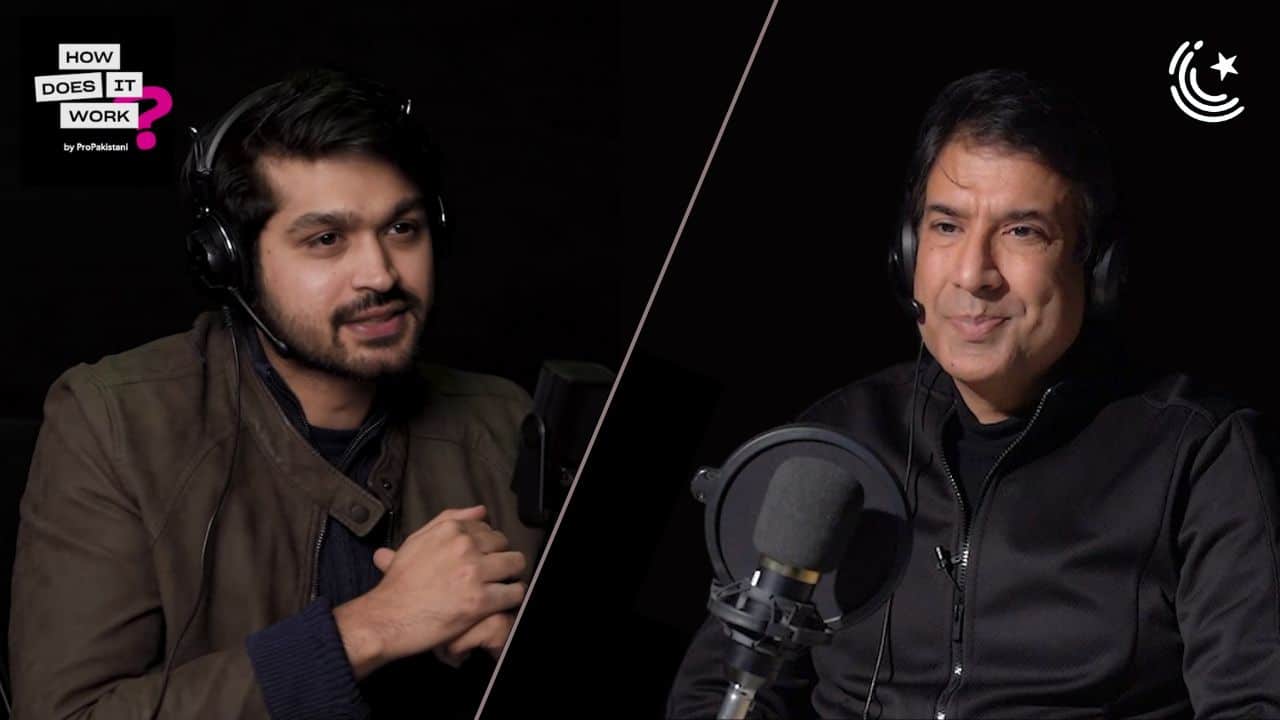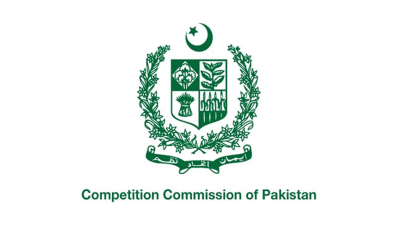In a recent episode of the “How Does It Work” podcast by ProPakistani, Dr. Syed Abbas Raza, a notable expert in Endocrinology, Diabetes, and Metabolism, shared his insights on Tobacco Harm Reduction (THR), drawing from his involvement in an international study on the subject.
The conversation shed light on the complexities of smoking cessation and the potential of THR as a viable path for smokers seeking to mitigate the health risks associated with their habit.
Dr. Raza emphasized that quitting smoking is not as straightforward as turning off a switch. Despite the well-documented dangers of smoking, around 8 million people die annually from smoking-related complications. The goal of THR is to reduce this number by offering safer alternatives to traditional smoking, acknowledging that while quitting is the ideal outcome, it is not the sole solution to the problem.
The discussion ventured into the realm of alternatives such as vaping, heated tobacco, and modern oral nicotine pouches. Dr. Raza admitted the difficulty in declaring these products completely safe but underscored their role in reducing harm compared to conventional smoking. He likened the approach to placing cushions beside a staircase to minimize injury from falls, suggesting that while these alternatives do not eliminate risk, they significantly reduce it.
ARVE Error: src mismatchprovider: youtube
url: https://www.youtube.com/watch?v=0vvTcQ5AChM
src in org: https://www.youtube-nocookie.com/embed/0vvTcQ5AChM?feature=oembed&modestbranding=0&showinfo=0&rel=0&autoplay=1
src in mod: https://www.youtube-nocookie.com/embed/0vvTcQ5AChM?modestbranding=0&showinfo=0&rel=0&autoplay=1
src gen org: https://www.youtube-nocookie.com/embed/0vvTcQ5AChM
Dr. Raza also highlighted the successful implementation of THR policies in Europe and Sweden, where a combination of healthier smoking alternatives and enhanced cancer detection methods has led to a decrease in smoking rates and related diseases. These examples, he argued, provide a roadmap for countries like Pakistan to follow in combating the smoking epidemic.
The conversation touched upon the controversial bans on THR products in countries like India, with Dr. Raza cautioning against such measures without considering the specific needs and contexts of the population. He argued that while regulation is necessary to prevent misuse, especially among youths, outright bans overlook the urgent need for harm reduction strategies among existing smokers.
Further, Dr. Raza clarified that the study on THR is based on expert opinions and data analysis rather than randomized clinical trials, aiming to offer immediate, practical guidance for reducing smoking-related harm. He called for government action to increase awareness about smoking cessation alternatives and early detection of lung cancer, emphasizing the role of individual responsibility in seeking out safer options and being vigilant for signs of lung disease.
This enlightening conversation not only provided a deeper understanding of Tobacco Harm Reduction but also equipped smokers with valuable information to make better health decisions.
Dr. Raza’s insights from the podcast highlight the importance of a balanced approach to smoking cessation, one that considers the immediate need for harm reduction alongside the ultimate goal of quitting smoking.






















